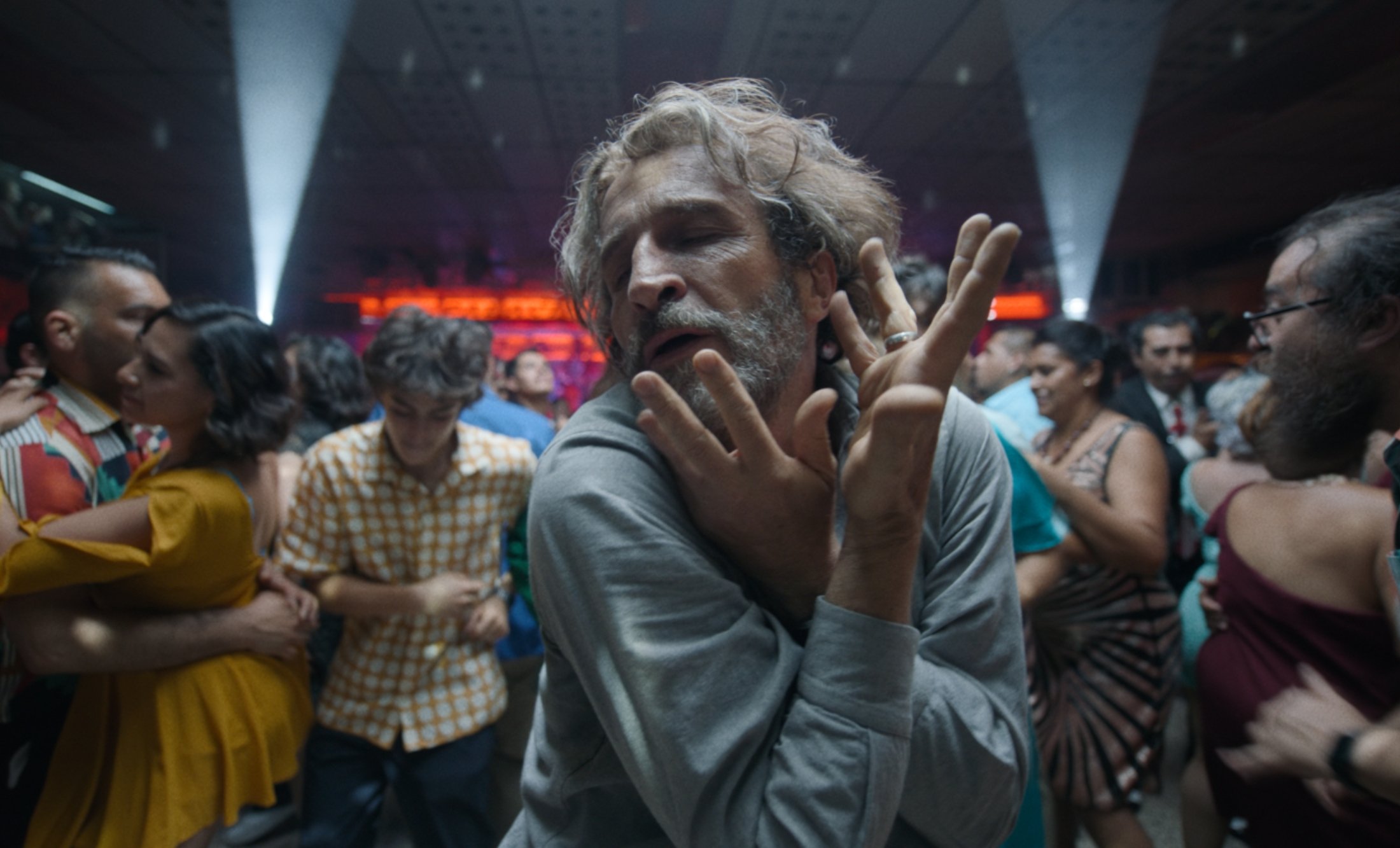
‘Bardo, False Chronicle of a Handful of Truths’ Movie Review [AFI Fest 2022]: Alejandro Iñárritu’s Semi-Autobiography Is a Long, Rewarding Journey
Prominent filmmakers infusing their real-life pasts into a self-made semi-autobiographical picture is increasingly becoming commonplace. The very act itself is self-indulgent, egotistical, and it often tends to breed predictably tepid storytelling. Alejandro Iñárritu’s Bardo, False Chronicle of a Handful of Truths doesn’t free itself of the first two aforementioned descriptors, but it does deviate from convention in a way that is emotionally fulfilling and philosophically gratifying.

‘Bardo, False Chronicle of a Handful of Truths’ is Alejandro Iñárritu’s semi-autobiography

Silverio Gacho (Daniel Giménez Cacho) is a highly-acclaimed Mexican journalist who then applied his skillset to the world of documentary filmmaking. He lives in Los Angeles, California along with his wife, Lucía (Griselda Siciliani), and their two children, Camila (Ximena Lamadrid) and Lorenzo (Íker Sánchez Solano). When Silverio is named the upcoming recipient of a very prestigious award, he feels the need to return to Mexico.
The trip back to his native country pushes him to his breaking point, opening old and new wounds. The past and present collide in a story about familial bonds, causing him to reflect on his own childhood and journey through adulthood. However, nothing in this new reality is exactly what it seems.
A world that combines the past and present
Iñárritu makes it clear that Bardo has no interest in logic or continuity. The screenplay he co-wrote with Nicolás Giacobone makes time and space irrelevant, instilling a sort of docufiction experience that Silverio himself indulges in creating. The world we’re familiar with is rapid-changing in technology, culture, and interpersonal communication, which is further accelerated when the film defies gravity in much the same way as the perspective does in the film’s opening where jumping impossibly high and far distances becomes possible.
Religion and history have significant parts to play in this dreamlike reality. Deities and figures of the past work their way into conversations and more physical manifestations in the space itself. Iñárritu and Giacobone blend familiarity with the mystical. As a result, Bardo leaves its audience in a gap between dimensions that is simultaneously relatable, yet untouchable.
Iñárritu and Giacobone’s screenplay interweaves drama and comedy to convey their message. News channels talk about technology company Amazon purchasing Baja California, establishing divisive commentary. Some of the characters have a disconnect with the Mexican-American War, which has a critical part to play in Bardo. Colonialism and its impact on modern perceptions of immigration run through its veins, as Silverio wrestles with his Mexican and American identities. His family’s relationship with each country proves volatile, as they face criticism from both cultures.
Bardo begins with the birth of a baby boy that desperately wants nothing to do with this “f***ed up” world and retreats back into the womb. Silverio desperately wants to be what he considers a “good father,” therefore questioning what defines that in light of essentially losing a son. Iñárritu interrogates both his characters and the audience regarding the answer to this question, purposefully never providing an answer. Much like the rest of the film, sometimes we only discover the greatest realizations when we learn to let go.
‘Bardo, False Chronicle of a Handful of Truths’ is a surrealist whirlwind of meaning

Bardo has a scattered narrative that acts more as a brazen cinematic experience. It’s an electric shock to the senses, engaging with its audience on every level. Director of photography Darius Khondji turns in some of the best work in his craft this year, concocting an undeniably epic landscape of beauty and surrealist wonder. The sound department bestows such detailed work that it truly gives the audience permission to get lost in its nonsensical world without a care. It sweeps you up and envelops you in its bizarre nature, perpetuating the notion of lucid dreaming.
Iñárritu removed over 20 minutes from an over-stuffed cut played at Venice and Telluride film festivals. Nevertheless, Bardo remains a challenging and imposing adventure that asks a lot of its viewers. It’s slow-moving and truly feels its length. There are some big creative swings that frustratingly disrupt the picture’s flow. It’s self-indulgent and egotistical, without a doubt.
However, Bardo‘s greatest strength is in its examination of familial bonds and the inquisition of fatherhood. It’s acutely poignant and philosophical in a way that feels communicative of its artist’s pain and sorrow, but also remarkably empathetic. The feature’s full title of “handful of truths” comes through in these moments, as the audience experiences glimpses of reality through the falsehood of the surrealism that surrounds them.
Despite a gorgeous presentation, Iñárritu doesn’t make his picture an easy one to digest. It’s a trying journey that will test both your patience and lucidity. However, the final product has something fascinating and salient to say and does so with exceptional style. It’s not for everyone, but it’ll be worth countless words to some. Bardo is a hypnotizing and dizzying, yet laborious whirlwind, but it ambitiously mesmerizes on an emotional and thematic level.
Bardo, False Chronicle of a Handful of Truths plays in select theaters starting on Nov. 4 and starts streaming on Netflix on Dec. 16.


